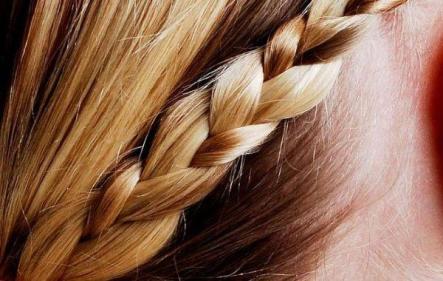Masks for the skin can be used to help deep-clean your pores and remove dead skin cells. Some masks are moisturizing, while others are designed to firm up loose skin. Facial masks are specially formulated for the sensitive skin on your face, but some masks are meant for use on other parts of your body — like your neck, chest, or back — that can also benefit from a mask. But remember, most masks are not recommended for daily use.
Different masks for different skin types:
- Deep-cleansing clay or mud masks for normal or oily skin: A clay or mud mask goes on wet but will dry on your skin like a crisp shell. As it dries, it sucks excess oil out of your skin, tightens it up, and makes your pores appear smaller. These masks are especially good for oily skin but may not be ideal for people with dry skin.
- Exfoliating fruit extract masks for normal or oily skin: These masks are made with fruit enzymes, such as papaya or pineapple, which help unclog the pores by dissolving dead skin cells, surface oil, and dirt. If your skin is particularly dry or sensitive, this type of mask may irritate your skin.
- Moisturizing masks for normal, dry, and sensitive skin: Masks that contain emollients, such as shea or cocoa butter, almond, olive, or jojoba oil, aloe vera, vitamin E, glycerin, or essential oils, can help soothe the skin and restore it to its smooth, supple self. Moisturizing masks can also have a “firming” effect on skin because the moisture helps reduce the appearance of fine lines and wrinkles. If you have oily skin, be careful not to use masks with strong emollients in them, since they can clog up your pores.



